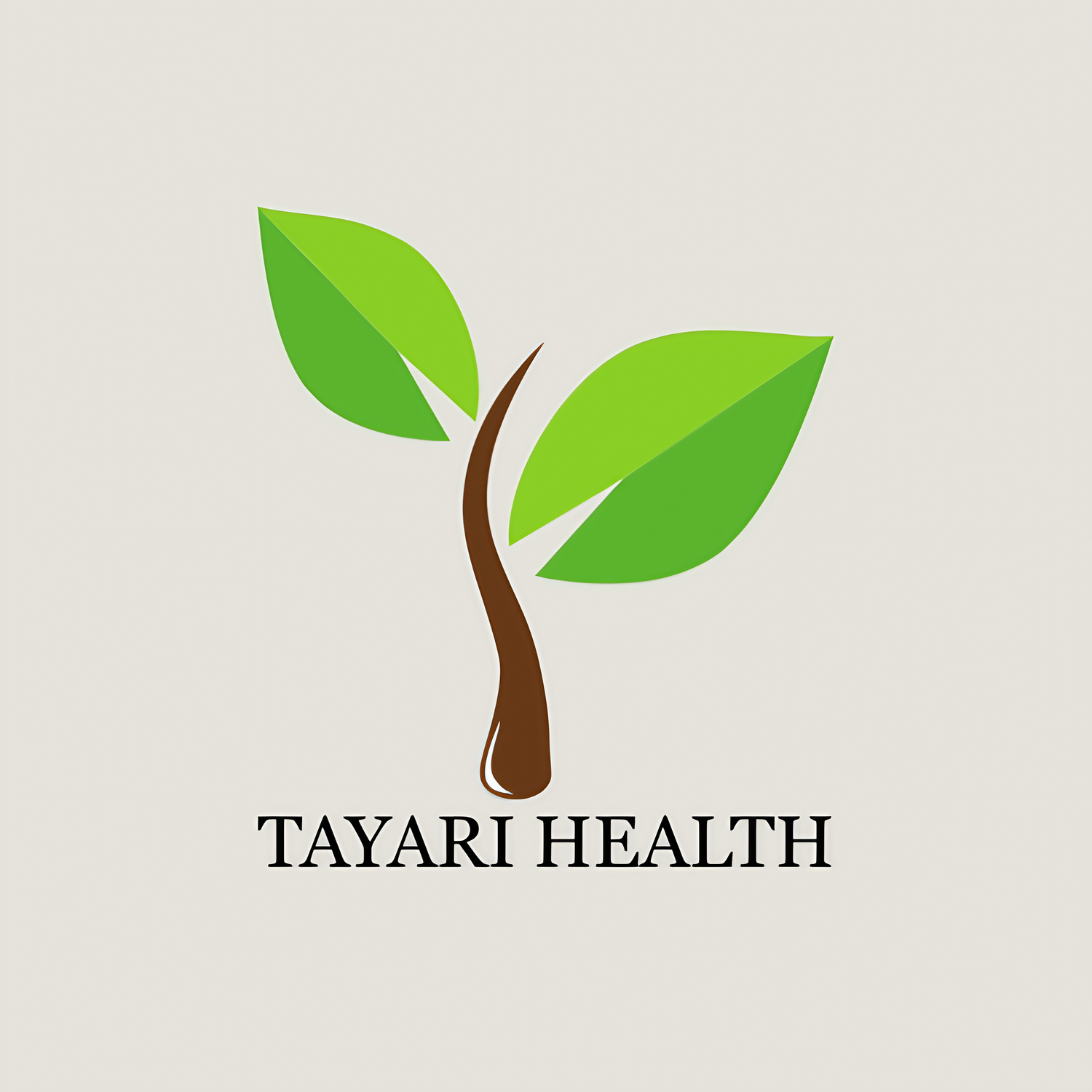1. Morning Sickness/Vomiting
It all begins with an idea.
This is due to hormonal changes in your body as a result of the pregnancy. It is very common in early pregnancy but can persist throughout pregnancy.
It is unpleasant but usually clears up by the 16-20 weeks and does not put your baby at any increased risk.
If you are struggling to keep anything you eat/drink down; and/or is making you feel unwell, seek medical attention urgently, it might be a more serious case known as Hyperemesis Gravidarum, that needs urgent medical attention.
2. Heartburn/Acid Reflux
It all begins with an idea.
This is normally caused by hormonal changes in the body and the growing baby pressing against your stomach.
Making changes to your diet and lifestyle can help. Contact your health provider if symptoms persist.
3. Stomach (Abdominal) Cramps
It all begins with an idea.
Often feels like dull pulling or pressure to the lower part of your stomach.
They are usually normal in pregnancy, due to the body adjusting to accommodate the growing baby. If the pain is mild and goes away with change in position, good hydration, rest, warm bath/shower, poo or passing wind or oral paracetamol, then relax – it is normal part of pregnancy.
If however, the pains are constant; severe or getting worse, seek urgent medical attention.
4. Back Pain
It all begins with an idea.
As the pregnancy develops and grows, the ligaments in your body naturally become softer and stretch to accommodate the growing baby; and later prepare the body for labour.
This can put a strain on the joints of your lower back and pelvis, which can cause back pains.
If severe or persistent back pains – contact your health provider for urgent attention.
5. Headaches
Headaches can be common in early pregnancy. Usually improve as pregnancy grows and do not harm your baby.
Migraines can increase, get worse in pregnancy for some people.
Good hydration, exercise, manage stress, practice relaxation and beware of triggers.
However, if they are recurrent, are lasting, severe and/or happen after 20 weeks of pregnancy, contact your health provider.
6. Swollen Ankles/Feet/Fingers
This is common in pregnancy; often gets worse at end of the day, and further into pregnancy as the gravid-uterus grows.
Swelling that comes on gradually is normal part of the developing pregnancy; but a sudden increase in body swelling can sometimes be a sign of a disease called Preeclampsia in pregnancy – urgently contact your health provider if any concerns.
7. Bleeding Gums (Pregnancy Gingivitis)
This is due to hormonal changes in the body during pregnancy which makes the gums more susceptible to plague; leading to inflation and bleeding.
Good oral/dental hygiene care is even more important during pregnancy due to this added natural process that increases the risk of dental problems.
If concerns, contact your Midwife/GP/Dentist to immediate attention.
NB: Pregnant people are normally entitled to free dental care for the duration of pregnancy, and a year following delivery.
8. Nose Bleeds
Quite common during pregnancy due to the hormonal changes in the body, as more blood moves around the body to supply both mother and child.
Commonly seen in hot/warm weather as the tiny veins under the skin/in the nose tend to tear easily, or even when one has a cold, as they blow their nose.
Small occasional amount of nose bleeds is not harmful to mother/baby; however large amount or recurrent nose bleeds needs reporting to health professionals for attention.
9. Constipation
This is a common uncomfortable symptom during pregnancy affecting nearly 40% of women. Often caused by hormonal changes in the body and mechanical factors related to the growing uterus but has no effect on the baby.
Often not serious, and symptoms can be mediated through dietary and lifestyle changes like increased fluid intake, fruits and vegetables and exercise.
10. Thrush
Is a yeast infection caused by Candida Albicans, a form of fungus that is usually harmless and lives on the skin, mouth, gastrointestinal tract, reproductive organs of healthy adults without causing any harm or symptoms.
Due to pregnancy, hormonal changes in the body causes the fungus to begin to grow and cause itching and irritation in the mouth, around the vagina, vulva areas, causing soreness and pain during sex or urination.
If you notice such problem, contact your health provider for treatment.
11. Feeling Faint
This is normally due to hormonal changes. It happens when the brain is not getting adequate blood/oxygen supply. Often happens when you stand up quickly from a chair or bath or from lying down.
Before you rise from whatever position therefore; sit for a few minutes; count from 5 to 1 before you get up. This allows the body to readjust its circulation accordingly for the brain to keep functioning normally.
12. Peeing A Lot In Pregnancy
Often starts early in Pregnancy and might continue till the baby is born. In later pregnancy, it is caused by the baby’s head pressing on your bladder. This is a normal part of being pregnant and it will end once pregnancy ends.
13. Varicose Veins
These are veins that become swollen and can get very uncomfortable for some people; they are however not harmful. They most commonly affect the legs/cuffs/thighs/vulval areas.
If you notice such veins in your body, please tell your midwife/Doctor/GP for further advice and/support.
14. Pelvic Pains
Sometimes called Pregnancy-related Pelvic Girdle Pain (PPGP) or in the medical term, it is called Symphysis Pubis Dysfunction (SPD).
SPD can be very uncomfortable due to the stiffness of the pelvic joints or due to the uneven movements of the joints at the back or front of your pelvis.
If you notice such discomfort, speak to your Midwife, GP or can contact the Physiotherapy Team directly for further advice and support.







